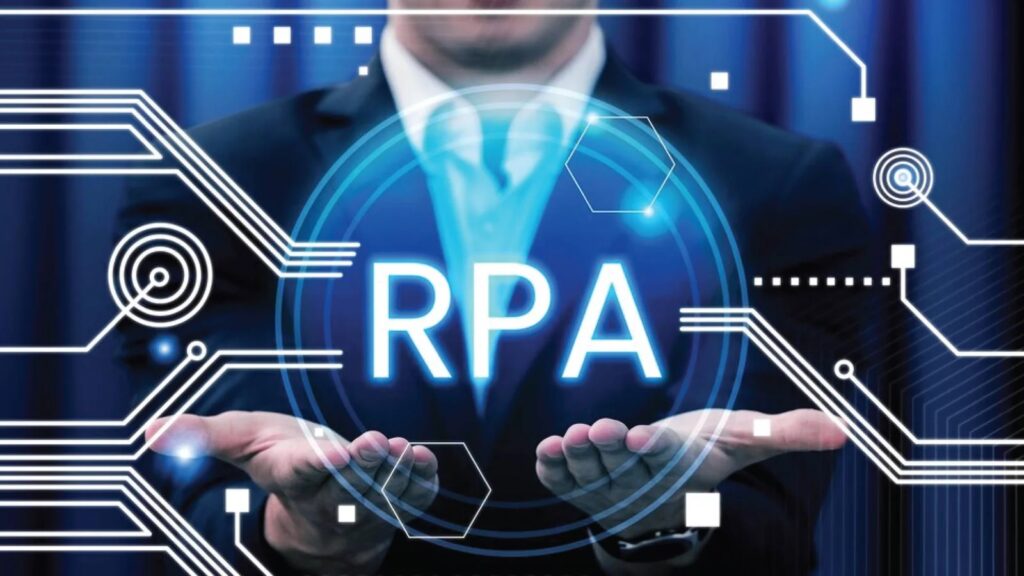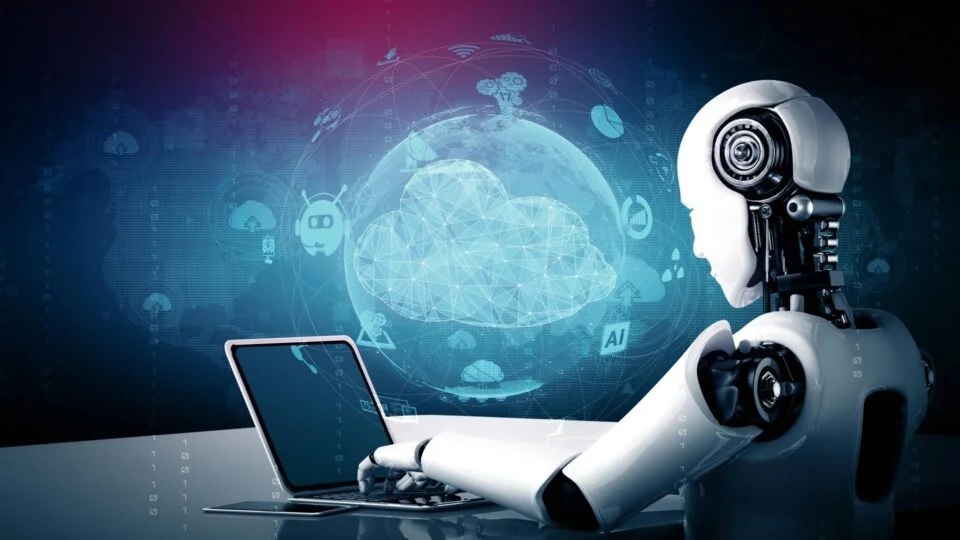
RPA in 2025: AI Advancements and the Role of Lifecycle Management
Robotic Process Automation (RPA) in AI and Lifecycle Management is evolving beyond simple task automation. The next phase of automation is being driven by Artificial Intelligence (AI) and machine learning, which are increasingly integrated with lifecycle management systems. This combination is leading to more sophisticated and efficient solutions. By 2025, businesses will require intelligent and adaptable automation…

Unlocking the Future of IoT Security with Wi-Fi HaLow
In the evolving landscape of the Internet of Things (IoT), connectivity has become a vital driver of innovation. As cities become smarter, industrial settings more automated, and campuses turn into digitally connected hubs, the demand for reliable, long-range, and low-power wireless technology is growing rapidly. Wi-Fi HaLow, based on the IEEE 802.11ah standard, is designed…

Shaping the Future of Innovation, Inclusion, and Ethics: Women in AI
Artificial intelligence (AI) is transforming economies, societies, and industries in real-time—it is no longer a concept confined to science fiction. According to the World Economic Forum (WEF), women make up only a small portion of the global AI workforce, despite AI being an integral part of everyday life. This imbalance goes beyond a diversity issue;…

The Future of Deep Space Exploration: AI Meets Quantum Computing
Deep space exploration is pushing the limits of human ingenuity, but current computing capabilities remain a bottleneck. Despite their advanced power, classical supercomputers struggle to process the vast datasets and real-time decision-making demands of deep space missions. While AI bridges some of these gaps—assisting in autonomous navigation, planetary mapping, and predictive maintenance—it falls short when…

Choosing the Right AI Solution: How Companies Can Minimize Risk
Companies across industries are racing to adopt AI solutions, as they continue to become critical for success in today’s market. While AI promises enhanced efficiency, improved decision-making, and cost savings, not all AI is created equal – meaning the path to successful implementation isn’t always seamless. Choosing the right solution for your business is an…

Open-Source LLMs: A Cost-Effective and Powerful Solution
Open large language models (LLMs) have emerged as a compelling and cost-effective alternative to proprietary models like OpenAI’s GPT model family. For anyone making products with AI, open models provide strong enough performance and better data privacy at a lower price point. They can also serve as viable replacements for tools and chatbots like ChatGPT….

ERP and AI in 2025: The Myths, The Facts, and The Future
Enterprise resource planning (ERP) systems have long served as the backbone of business operations, offering structure but often lacking flexibility. The introduction of artificial intelligence (AI) presents a transformative opportunity—enhancing ERP platforms by improving speed, predictive capabilities, and automation. As we step into 2025, AI-integrated ERP is no longer a distant vision but a present-day reality….

Will AI Sizzle or Fizzle?
It’s well known that major tech predictions have often missed the mark. Bill Gates once predicted spam would be eradicated by 2004, Clifford Stall dismissed cyber business as impractical, and Robert Metcalfe foresaw the internet’s collapse—now, perhaps, the AI singularity (AGI) by 2045 faces similar skepticism. From digital assistants and personalized learning to detecting breast…

AI and Robotics in Space: The Next Epoch of Exploration
Space exploration is undergoing a profound transformation, driven by rapid advancements in artificial intelligence. No longer limited to executing commands, AI now plays a crucial role in selecting mission tasks, adapting to new environments, and learning from past missions. In 2025, NASA and private space companies will invest $10 billion to advance AI-driven space exploration,…

New GenAI Expectations and Product-Marketing Relationship to Emerge in 2025
As 2025 approaches, digital marketing and consumer privacy remain key concerns for marketers. Executives are growing wary of “innovation theater,” where AI’s significance is overstated without tangible results. Instead, they now seek clear metrics that demonstrate AI’s return on investment (ROI). At the same time, regulatory and consumer-driven demands for transparency and data privacy are…